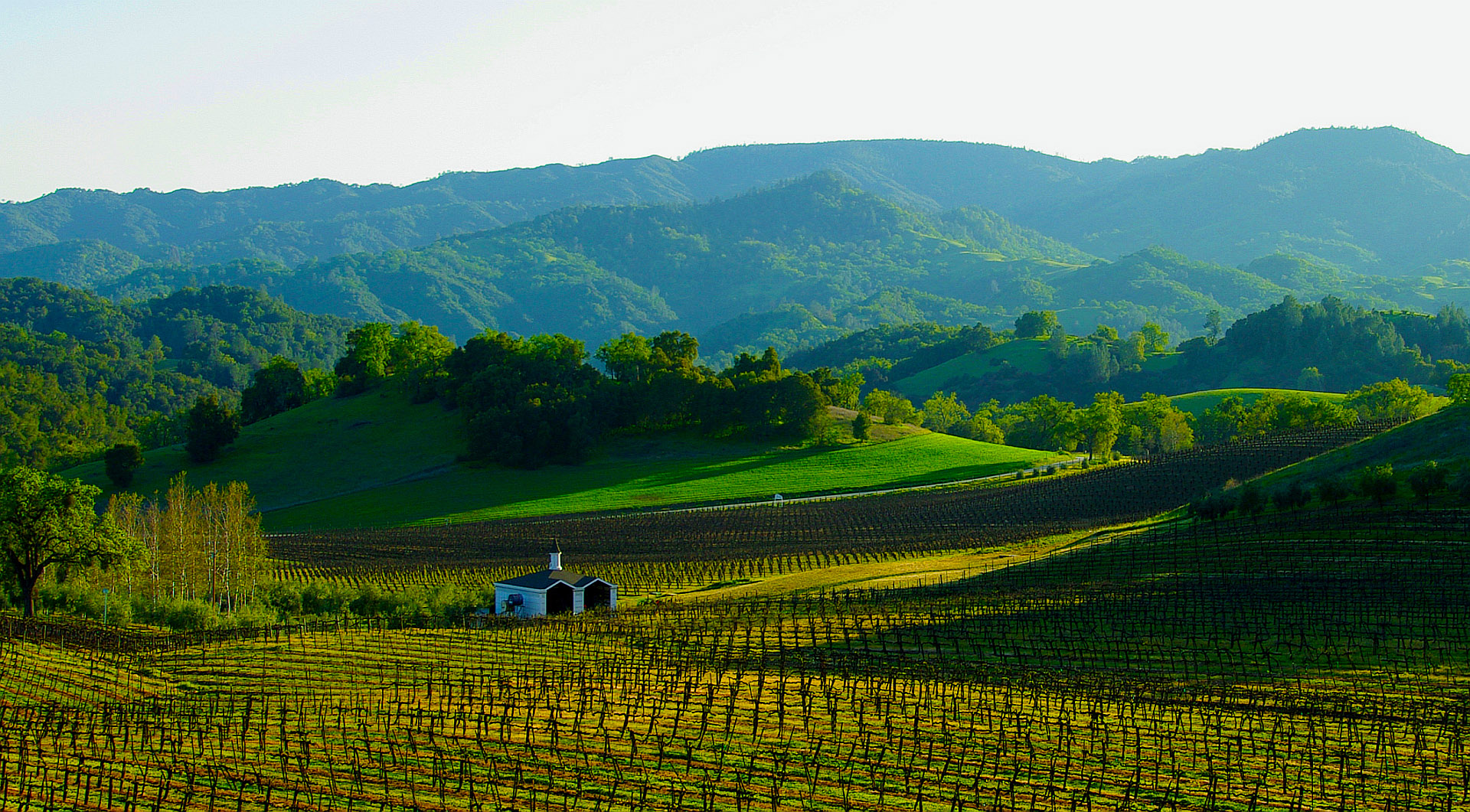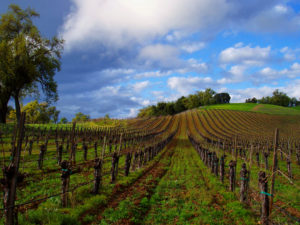This pristine land, which lies prominently in the premium viticultural area of the world, has become a legendary vineyard.
Legendary is an understatement as the land was tectonically formed 26-million years ago by three volcanoes emerging in lava fire from out of an inland sea of the ancient Pacific.
No other vineyard has such a multiplicity of micronutrient-rich soil types. The soils of Carmody McKnight are mineral and nutrient profuse. The wines, as demonstrated by the university examinations and studies, are the most mineral rich of all wines. The opulent natural flavors (not chemical added flavors) derive from soils that are complex in micronutrients, resulting in concentrated flavors and character.
This incredible natural endowment begins with the astonishing three volcanoes existing within the property lines, and the grapes actually grow in the magmatic soil which possesses all of the nutrients in the universe. No other vineyard has even one volcano within its borders.
Then there are the limestone-calcareous soils which are bountiful in the Carmody McKnight vineyards and in California mainly unique to the Westside of Paso Robles. Limestone soils have been proven over the centuries to be essential for superior wines.
Most impressive is calcium montmorillonite that is predominant in the Carmody McKnight Estate Vineyards. In France, calcium montmorillonite is called “the wonder soil,” and “the swelling clay.” Very few vineyards in the world possess this rare and most prolific soil. Certainly, none in California outside of Carmody McKnight. The soil contains no fewer than 67 minerals. It is the most powerful nutrient known and the most significant detoxifier.
If all this were not extraordinary enough an even superior and inexhaustible wonder-soil was discovered. Over 25,000 USDA soil series reviews were conducted by Cal Poly SLO and not one single match was found anywhere on earth. This super calcium montmorillonite nourishing the resulting grapes and wine is unequalled in nutrient values and healing as well as cation exchange capacity (CEC indicates how efficiently soil conserves nutrients and water).








